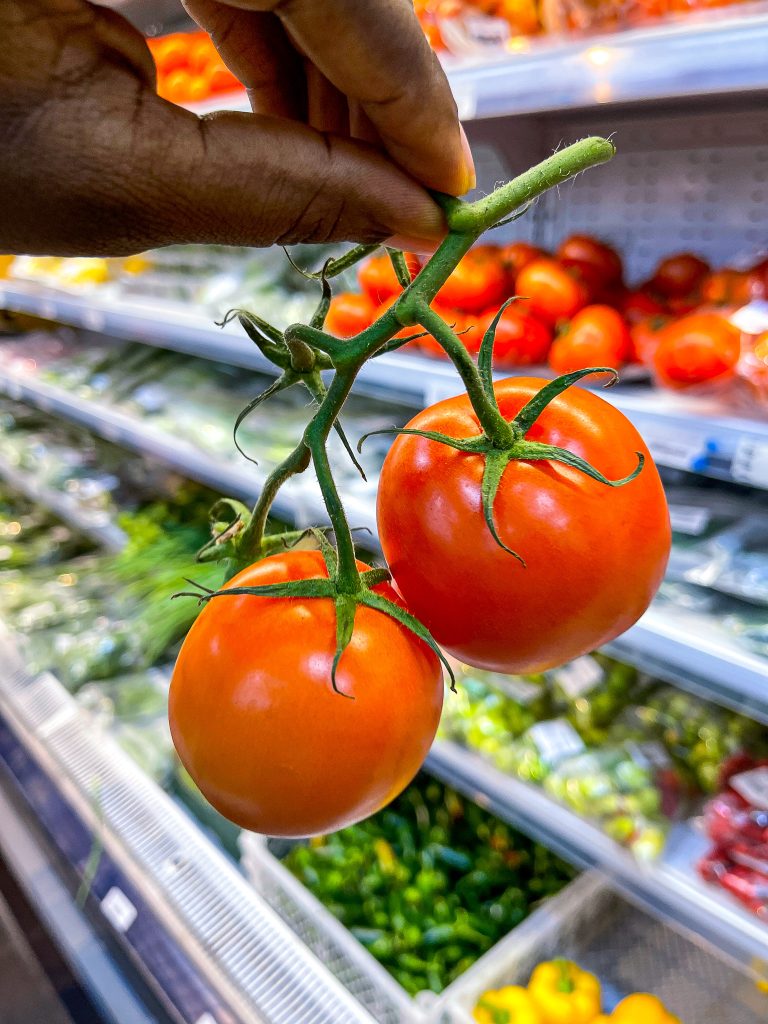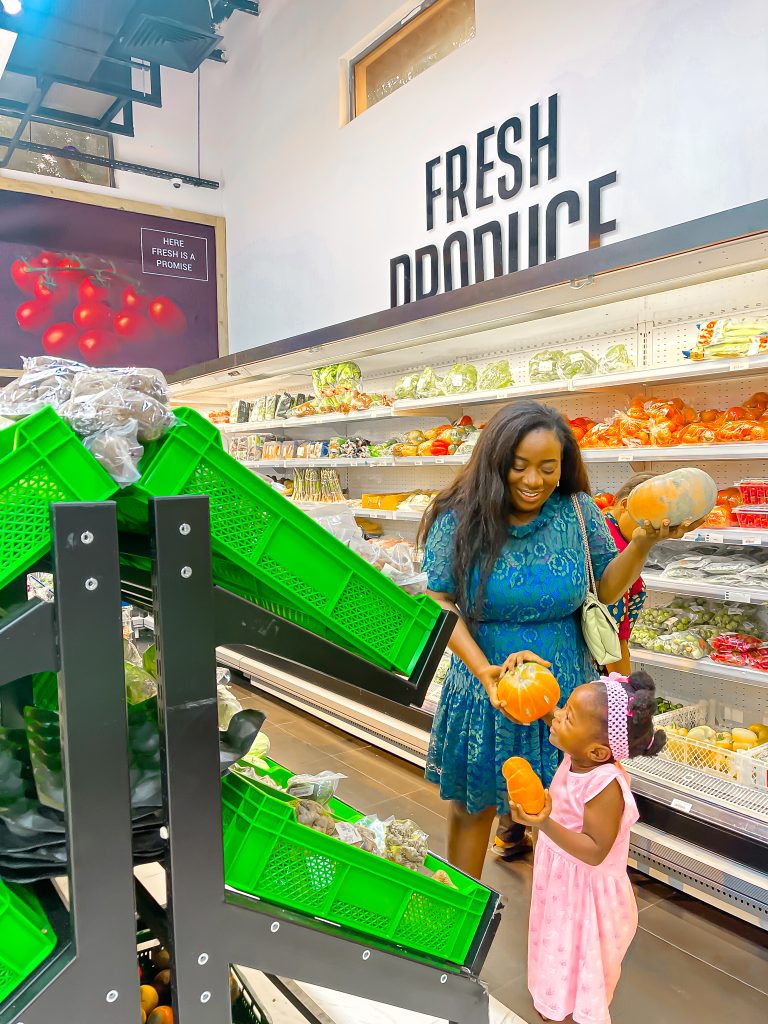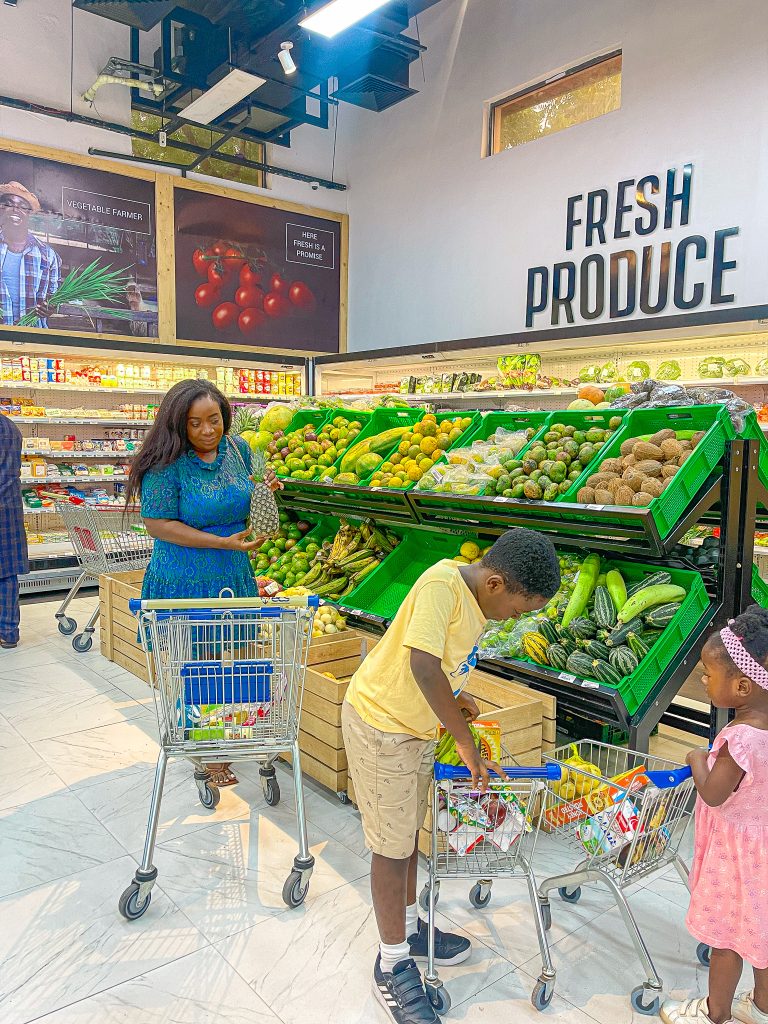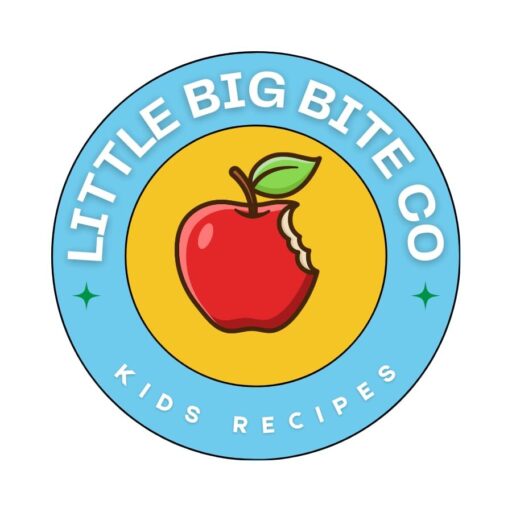No products in the cart.
NEXT TIME YOU TAKE YOUR KIDS FOOD SHOPPING, DO THESE.
Taking your kids food shopping can be more than just checking items off your grocery list—it’s an opportunity to teach them valuable life skills and foster a healthy relationship with food. From understanding where food comes from to making smart choices, here are some essential lessons to impart during your next trip to the store.
1. Nutritional Awareness
Start by explaining the importance of choosing nutritious foods that support their growth and overall health. Show them how to read food labels for information on ingredients, serving sizes, and nutritional content. Teach them about the significance of balanced meals that include fruits, vegetables, whole grains, and lean proteins.
2. Food Origins
Discuss where different foods come from and how they are grown or produced. For example, talk about the process of growing fruits and vegetables on farms or how dairy products are made from milk. Visit different sections of the store, such as the produce aisle or dairy section, to show them firsthand where these foods come from.

3. Budgeting Skills
Explain the concept of budgeting and how to make informed choices based on price and value. Discuss the importance of comparing prices, looking for sales or discounts, and sticking to a budget while shopping. Encourage them to help you choose cost-effective options without compromising on quality or nutrition.
4. Meal Planning
Involve your kids in meal planning by discussing what meals you’ll be preparing for the week and which ingredients are needed. Show them how to create a shopping list based on your meal plan and how it helps to avoid buying unnecessary items. This teaches them organization and forward thinking when it comes to meal preparation.
Download “The Little Big Bite Cookbook” for all the recipes in this post. It offers a variety of creative dishes that will tantalize young taste buds while ensuring your children receive essential nutrients. Click HERE to download.
5. Environmental Impact
Discuss the importance of making sustainable food choices that minimize waste and support the environment. Teach them about recycling and how to choose products with minimal packaging. Encourage them to select locally sourced foods when possible and explain the benefits of reducing food miles.
6. Culinary Skills
Take the opportunity to introduce your kids to different foods and ingredients they may not be familiar with. Show them how to select ripe fruits and vegetables, choose cuts of meat, or pick out fresh bread. Discuss different cooking methods and how ingredients can be transformed into delicious meals.
7. Food Safety
Explain the importance of food safety practices, such as checking expiration dates, keeping perishable items refrigerated, and handling raw meat with care. Teach them how to inspect packaging for signs of damage or tampering to ensure food safety.
8. Healthy Choices
Encourage your kids to make healthy choices by involving them in decisions about snacks and treats. Discuss the importance of moderation when it comes to sugary or processed foods and how they can enjoy these items as occasional treats rather than everyday snacks.

9. Shopping Etiquette
Teach your kids proper shopping etiquette, such as being respectful to store staff and other shoppers, staying with you while shopping, and helping to pack groceries. Encourage them to ask questions if they’re curious about certain foods or products.
10. Enjoying Food Together
Lastly, emphasize the joy of cooking and eating together as a family. Share stories about favorite family recipes or meals and involve your kids in meal preparation at home. Show them how food shopping is a part of a larger process that culminates in shared meals and meaningful moments around the table.

By incorporating these lessons into your food shopping trips, you can empower your kids to make informed choices, develop essential life skills, and foster a positive attitude towards food and nutrition. Turn every trip to the store into a fun and educational experience that strengthens your bond and sets them up for a lifetime of healthy eating habits.


